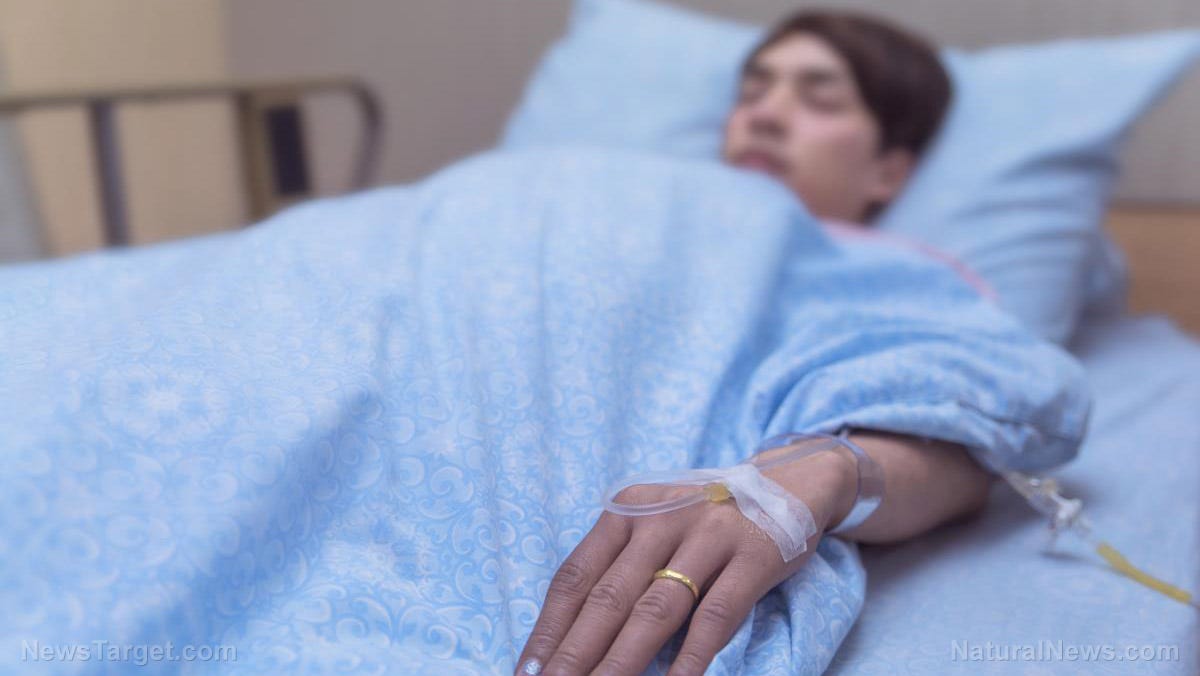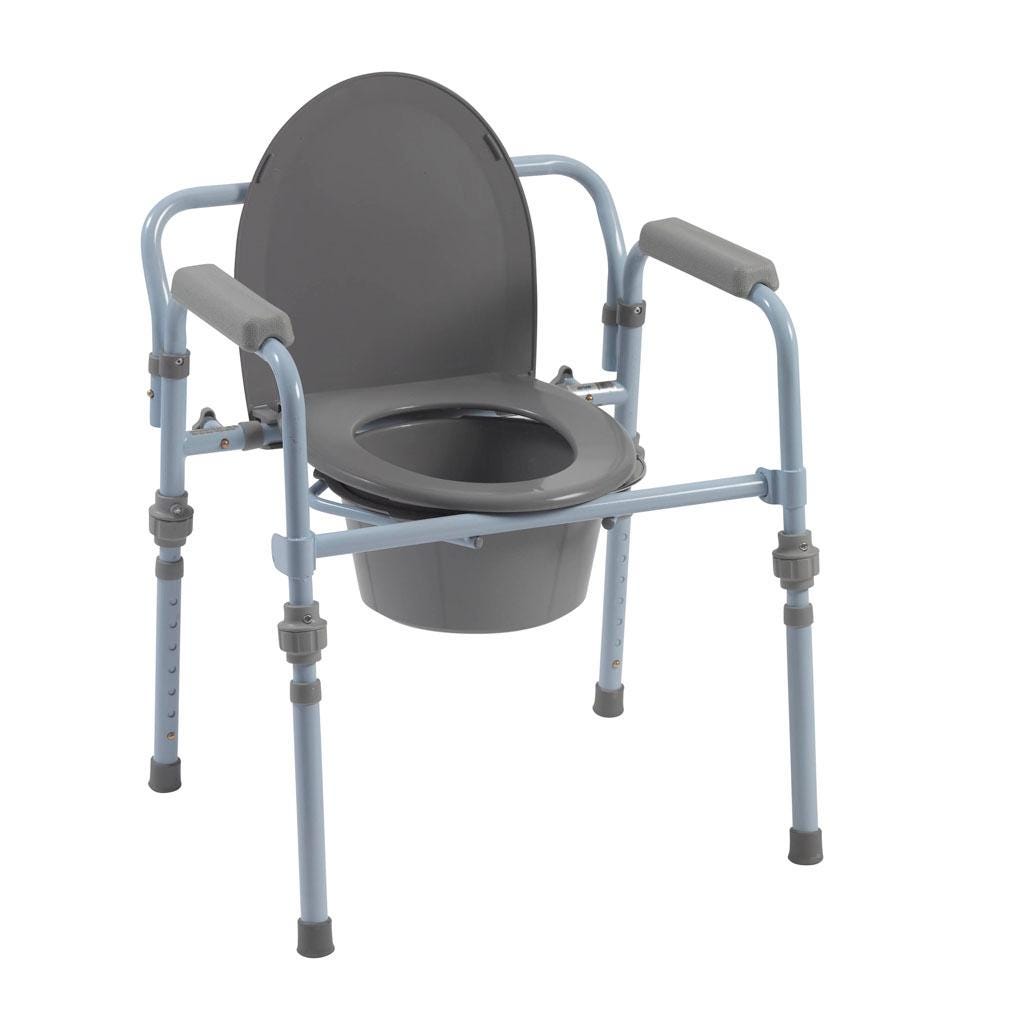“What seems to be a mistake in our lives may actually be a step forward that leads to the Great Way, though we had no way of recognizing that at the time” Stephen Mitchell

This is the most personal healing story I have ever told, and I’m still figuring out what it means. Maybe you can help me understand.
TMI Warning — because these events involve hospitalization and disability, I’ve had to include too much info about body functions and situations you might find unpleasant, and certainly won’t make you want to date me. (If you were thinking about that, you might want to skip those sections.) As often happens in stories, however, the bad stuff makes the positive conclusions more powerful. I’ll put a ᵗ ᵐ ᶦ signal when we’re coming to those parts.
So, you may know I’ve been living with multiple sclerosis (MS) for 40 years, and I’m pretty thoroughly disabled. For one thing, ᵗ ᵐ ᶦ my bladder function is completely shot and I rely on catheterizing myself four or five times a day to empty urine. This process is time-consuming, but not as bad as it sounds. I can live with the inconvenience, but two and a half years ago I started a long series of urinary tract infections (UTIs), a common complication of catheter use.
When you’re old, and your bladder is not working, UTIs feel very different than they do in a young healthy person. There’s not a lot of pain or having to pee all the time. Instead, I simply become very weak and start running an elevated temperature. These temps completely knock me out. I can’t sit up; I can’t handle a cell phone; I’m pretty much paralyzed.
This is dangerous, because the infection might move into my kidneys, from where it could go into the blood and be fatal, or at least require an ambulance ride to a long hospitalization. But at the beginning, the UTIs weren’t hard to treat. I would just get some antibiotic pills and be better in a day, and back to normal in two days. As usually happens with chronic infections though, the pills stopped working. The germs get used to them; you need stronger and stronger antibiotics.

Since I was averaging close to a UTI a month, I was rapidly running out of antibiotics to use. Twice, the temperatures came on me while I was out on my mobility scooter and I became too weak to sit up and needed ambulance rides to Kaiser Emergency Room. They would give me intravenous antibiotics, a liter of IV fluid, medicine to bring the temperature down, and I would go home with oral antibiotics, usually the more expensive, newer medicines to which the germs hadn’t yet developed resistance.
The frustrating thing was not being able to figure out where the infections were coming from. As a nurse, I know about antiseptic technique, and I was doing my best within my limitations. I would wash my hands in the sink, then transfer from my scooter to the toilet seat (out of reach of the sink,) wash hands again with rubbing alcohol, and make sure the catheter didn’t touch anything on the way in. I didn’t know what else I could do. I despaired of getting better.
Whether from the infections or the medications, I also felt weak all the time, long after a particular UTI resolved. Even on a healthy day, I was usually only up four hours at a time, in bed 12 hours or more. I never felt good. I started to think, ‘Life isn’t so great. I still like it, but it’s becoming too much trouble.’ Not that I was considering suicide, but I did feel life could stop any time, and it would be OK with me.

Then last Memorial Day weekend, I got another UTI after a long, beautiful day at Carnaval SF. I was too weak to stand or transfer, having chills, so I asked my son Mathias to take me to ER. This is when things started to change.
It started as the typical ER experience, fluids, IV antibiotics, Tylenol, and I was feeling better. The doctors said I should stay overnight for safety, but they always say that, and I always say, “No, I’d rather be home.” This time, though, my wife Aisha said, “Maybe you should stay,” and I thought, ‘OK, I haven’t stayed in a hospital in 60 years, maybe it will be interesting. At least I can get another dose of IV medicine.” So I signed in.
Huge mistake. It became the most miserable night of my adult life. ᵗ ᵐ ᶦ For one thing, I had to pee all the time. They had put in an indwelling Foley catheter for urinary drainage, but it kept falling out. Foleys seem to have changed since I was a nurse, and for whatever reason, these would not stay in. I was wetting myself and in pain continuously.
If that wasn’t bad enough, ᵗ ᵐ ᶦ I also needed badly to move my bowels. When I asked them for a bedside commode, the nurses refused. They were very concerned about patient falls; there were “Call, Don’t Fall” signs on walls, and staff kept saying “Use the bedpan; it’s safer.” Problem was, I had never used a bedpan and I didn’t feel comfortable with it and couldn’t poop on it. Finally, I insisted on a commode, and they reluctantly got me one. All in all, they had to clean me up three times in one night.
“Torture” would be too strong a term for what I was going through, but “suffering’ would be a perfectly apt description. The worst thing was that, when I asked when my next antibiotic was due, I was told “4:00 tomorrow afternoon.” I was shocked. ‘You mean I’m here suffering like this, and I’m not even getting any medicine for another 16 hours? I could be home in my own bed! Why am I here?”
The rest of the night and next morning, I kept asking myself and the staff, ‘Why am I here?’ I was angry with the doctors for talking me into the hospital, angry with myself for going along with it, beating myself up, adding to my suffering. How could I have been so stupid? Why did I forget the principles I’ve worked, lived by and written about for decades, that hospitals are dangerous and self-care is best?
I knew asking ‘Why’ wasn’t helping me. Worrying about why when you can’t change a situation just makes it worse, as the Buddha taught 2,500 years ago. But I wasn’t feeling the Buddha at that point. I was miserable. “Why am I here” and “This is a terrible mistake” became my mantras.
In the morning, a physical therapist came to see me. One of the docs must have ordered it, though I don’t know why — my admission had nothing to do with what physical therapists do. The PT, a tall good-looking guy named Sean, gave me some tips on my exercise program, which were nice, but certainly not worth the hell I had been going through. Then he said, “maybe we should send a therapist out for a home visit.”
This suggestion changed my life. I actually hadn’t known PTs did home visits. I said OK, and a few hours later I got my second med dose and escaped hospital. The next day, a young PT named Erin called to set up a visit. She came the following day and started going through the apartment with me, asking “How do you this?” and “Show me how do you do that.” Everything from working at my desk to cooking to getting into and out of bed, Erin had ideas for doing it better. Then we came to the bathroom.
Erin watched as I transferred from my mobility scooter to the toilet seat. She asked, “Is this where you cath?” I said yes; it certainly seemed like a normal and convenient place to do it. She said, “That could be a problem. You wash your hands, but then you put them on the toilet seat to transfer, and then again if you need to adjust your position. You could be contaminating your hands, leading to infection.”
“And,” she said, “we have equipment for that.” Suddenly, I felt a thrill of hope. I had thought of the ᵗ ᵐ ᶦ toilet seat problem before, but had not pursued it because I saw no solution. But that same afternoon, Erin ordered me a commode chair with arm rests, so I never have to touch the seat. It’s a drag, because it means peeing in my bedroom, but it works.

In the eight months since that hospital admission, I have had only one mild UTI, instead of a severe one each month as I had been having. I have my energy back; I’m getting a lot more done. I’m starting a tutoring business. I can imagine continuing to live for a while.
All those hours in the hospital wondering why I was there, and I got no answer. Then, two days later, I found out why I had been there. Couldn’t this be true of other situations in our lives? We may think we’ve made terrible, inexcusable mistakes, but as the great translator of spiritual works Stephen Mitchell says, those mistakes could be vital steps on our path to wholeness.

How often do your missteps turn into good things? Mine sometimes do. Like, you take the wrong bus and run into an old friend or a future business contact. Take a wrong road and come across a beautiful or interesting sight that makes your day. Lose something, and the person who finds and returns it becomes a friend. Screw up at work you hate, get fired, and find a much better position in life. Agree to an unnecessary hospital admission, and find Erin.
Now, I’m thinking back over other times and decisions in my life I perceive as mistakes, to see the gifts and growth they may have brought, as well as ways to do better next time. I’m trying new things. I encourage you to join me.

May we all recognize the Erins in our lives.
Thanks David for sharing your wisdom gained from being aware and living your life fully.
David – I almost always find your writing very supportive and enlightening!
So many of us have soooo much to learn about illness and the struggles we face as we age. These are things we rarely talk about even with close friends. Yet your sharing has helped me have a different perspective on this very important part of my life too. I know you as a dedicated activist, and have always been knocked out by your ability to do so much, and be so involved in community. Thank you so much for sharing. Though we don’t realize it, I am beginning to thing that SIMPLY SHARING, in many diverse ways, is one of the keys to making this a more just and wonderful world.
Beautiful and insightful commentary. Thank you. So often we think we are handling things as best we can, not realizing that there could be other options that could help us. For those of us with chronic illness or who are the primary caretakers, we are often so exhausted with it all we are not open to hearing one more thing or making one more change. And then someone gives us some practical suggestions, a new device, a rearrangement at home, or a new medicine, and we get a breath of fresh air. Your “mistake” was perhaps just telling yourself to try to open to something new, although I am sorry it was a painful process. I wish you improved health in 2020.
Thank you David, as always. This is a comforting post and one that I can learn from.
Thanks, David
“Lose something, and the person who finds and returns it becomes a friend.” Good stuff